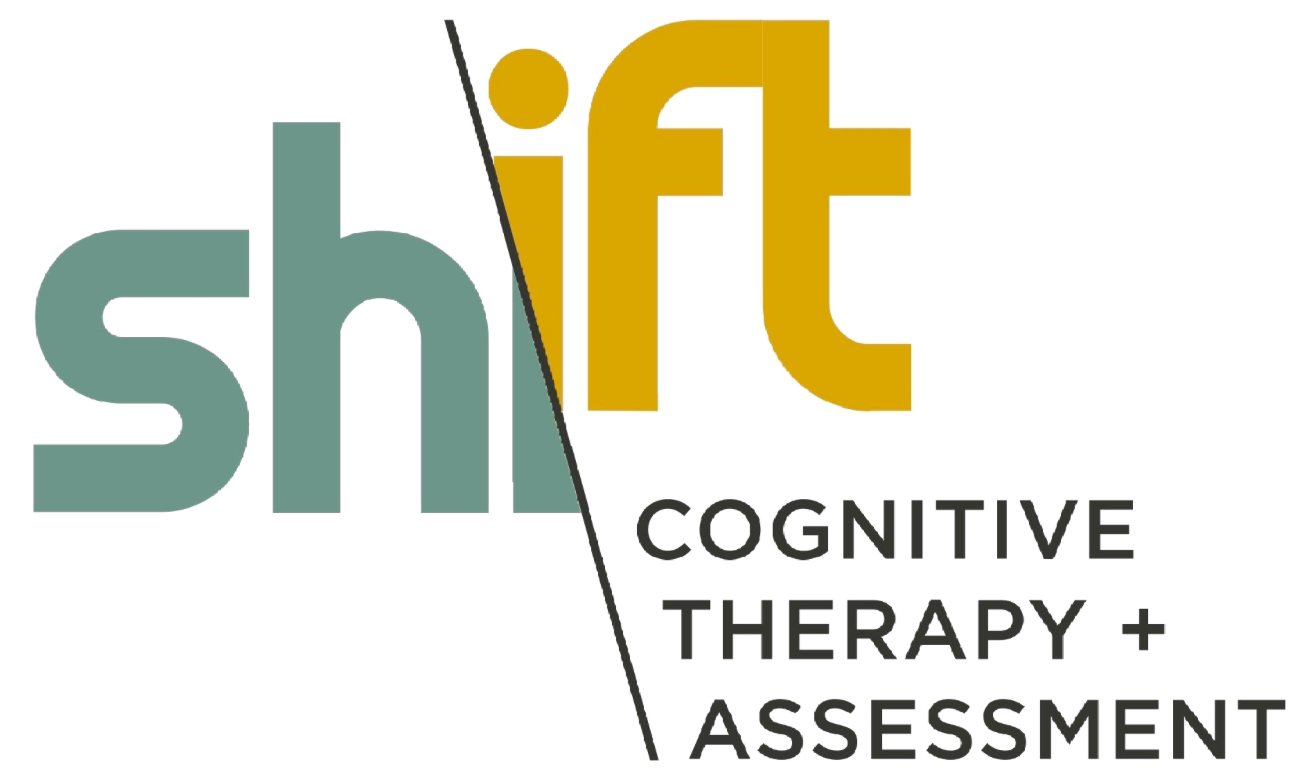Trauma (PTSD)
PTSD Trauma and Post-Traumatic Stress Disorder
PTSD is an anxiety condition that can result from assaults, abuse, motor vehicle accidents, military combat, natural disasters, or from any situation that causes people to fear for their safety or life. It can affect even the strongest of people, especially when something terrifying or life-threatening happens unexpectedly, or when chronic exposure to horrific things is part of your work.
We provide PTSD treatments that work and help people who are suffering a chance to resume their normal life.
PTSD Symptoms
There are four categories of Post-Traumatic Stress Disorder symptoms. People can find that their traumatic experience starts to (1) intrude into their consciousness in unwanted ways, like in recurring dreams and nightmares, sudden memories of the event, flashbacks (feeling like you are actually back at the scene of the trauma), and having strong physical and emotional reactions when anything reminds you of the event. We can find ourselves trying to (2) avoid reminders of the event or anything that activates that bodily arousal, sometimes by using substances to numb the emotional pain or block out thoughts. Trauma can result in (3) dramatic changes in mood and in your view of the world. For example, traumatized people can lose interest in activities they used to enjoy, struggle to feel positive emotions, be overcome by guilt, shame or anger, and start to believe the world is really dangerous. Finally, people with PTSD also experience (4) hyperarousal of the body, which can include increased irritability and anger, being hyper-alert and on-guard, difficulty sleeping and becoming more easily startled.
Treating PTSD with Cognitive Behavioural Therapy
Cognitive Therapy is an effective treatment for PTSD because it deals directly with the thoughts and avoidance behaviours that maintain symptoms. At Shift Cognitive Therapy, we use a variety of tools to treat PTSD, including Cognitive Processing Therapy for PTSD (CPT for PTSD) and Prolonged Exposure (PE).
CPT for PTSD is a cognitive therapy that has been used by the U.S. Department of Veterans Affairs for many years. It teaches skills on how to notice and then challenge the distorted thinking that causes traumatized people to feel the overwhelming guilt and shame that comes after painful things happen. The CPT model understands that avoidance of upsetting thoughts and feelings maintains trauma symptoms, so reducing that avoidance is a key part of the treatment.
Prolonged Exposure reduces the severity of PTSD symptoms and improves functioning by helping clients to gradually and carefully exposure themselves to specific aspects of the trauma the person has been avoiding. This might include writing a detailed story of the event or looking at photos. It might also include visits to the actual location where the trauma occurred. Although these challenges can be difficult and emotional for clients, really feeling the emotions associated with a trauma is a vital part of the healing process. In order to heal, we have to feel.


